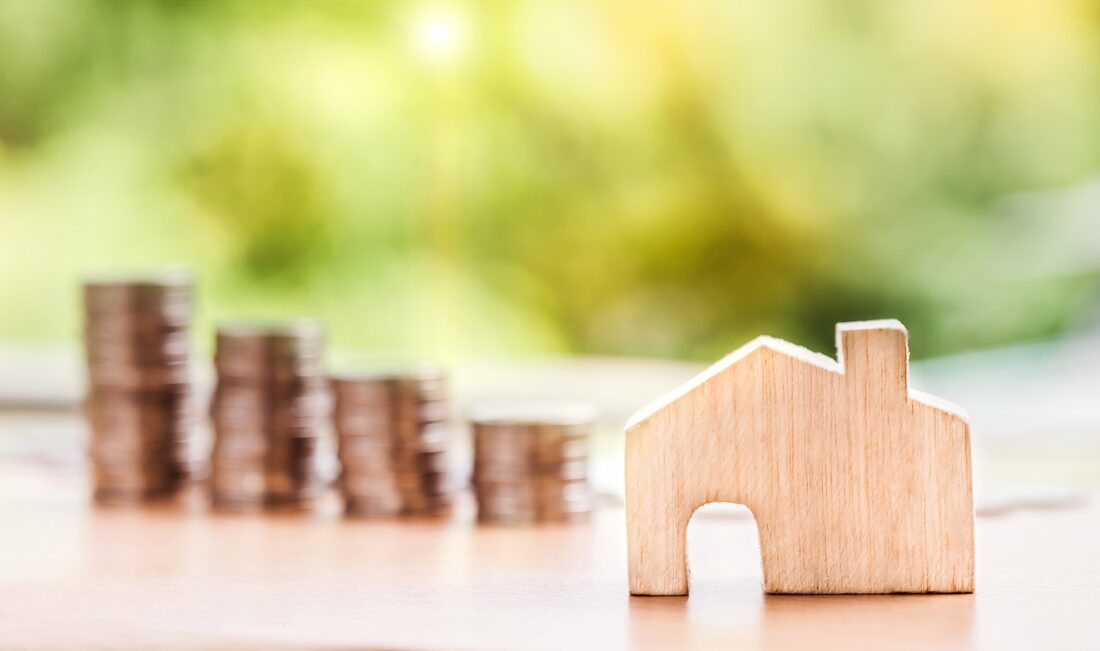
Apple released the last major iteration of the iPhone back in September 2016. With the Samsung Galaxy S8 already on shop shelves, it’s inevitable that the iPhone 8 will be unveiled relatively soon. As the pioneers of the modern smartphone gear up to unveil their latest creation (we’re not sure when this will be, but analysts expect the phone itself to be released in no more than three months), tech sites across the internet are almost overloaded with rumors and supposed leaks about the latest model.
In any case, we know that it’s going to be a big one, as it will mark the 10th anniversary of the original iPhone. So, today, we’re going to take a look at what the phone might feature, and compare it to the Samsung Galaxy S8.
Battery Woes
Starting with battery life, it’s going to be an uphill battle for Apple from the get-go. Their last model, the iPhone 7, failed to wow many tech-enthusiasts thanks to its mainly incremental upgrades. Even though it had a touted battery life increase of 10%, many people failed to see the benefits of that transition into their daily lives; it’s still very much a smartphone that’s going to be running low on power by 5pm if you’ve been using it even moderately throughout the day.
Following the disastrous fallout from their Galaxy Note 7 debacle (including, not least, phones which would spontaneously burst into flames), Samsung decided to push the game forward with their latest release. The S8 has a battery life of around 15 hours in real-world use, and this is a huge deal for customers who are tired of having to remember to bring their chargers with them (or having to race home to try to keep their phone alive).
Expecting the same battery life from modern smartphones that we used to see in cellphones of old is foolishness, but there are still big gains to be made for a manufacturer that can produce something that lasts for even 24 or 48 hours without needing a recharge.
Shortage Issues
KGI Securities analyst Ming-chi Kuo (a particularly reliable speculator with regards to upcoming cell phones) has mentioned that Apple could struggle to produce a decent supply of the OLED panels that the iPhone 8 will be using. This could cause production to be delayed by as much as several months.
With the impressive Galaxy S8 already on the market, it’s not unreasonable to think that Apple’s mainstream customer base could become impatient with such a wait and instead make the switch over to its Android rival.
Guts and Bones
The innards of the iPhone 8 are speculated to include an A11 processor with between three and four gigabytes of RAM. This, couple with the inevitably optimized operating system and software, will more than likely make it a vastly superior performer to the S8 when it comes to benchmarking. This isn’t a huge surprise; Samsung can only optimize the Google-produced Android for their phones so much, while Apple have the luxury of developing their own bespoke systems which are expertly tailored to work with the hardware as fluidly as possible.
Camera
In recent releases, Samsung has been pretty dominant when it comes to cameras for their phones. In fact, Apple’s efforts look fairly mediocre in comparison. While neither phone can match something like the exceptionally-equipped Pixel XL phone, the iPhone 7 and Galaxy S8 both provide decent cameras. However, they struggle to produce the dynamic spectrum of light and color required to produce really exceptional pictures (especially in low-light conditions).
So, how will the iPhone fair when it’s finally released? Only time will tell. With the expected release only a few months away, it’s bound to be a telling time of whether or not Apple can deliver the goods when their back is up against the wall!

